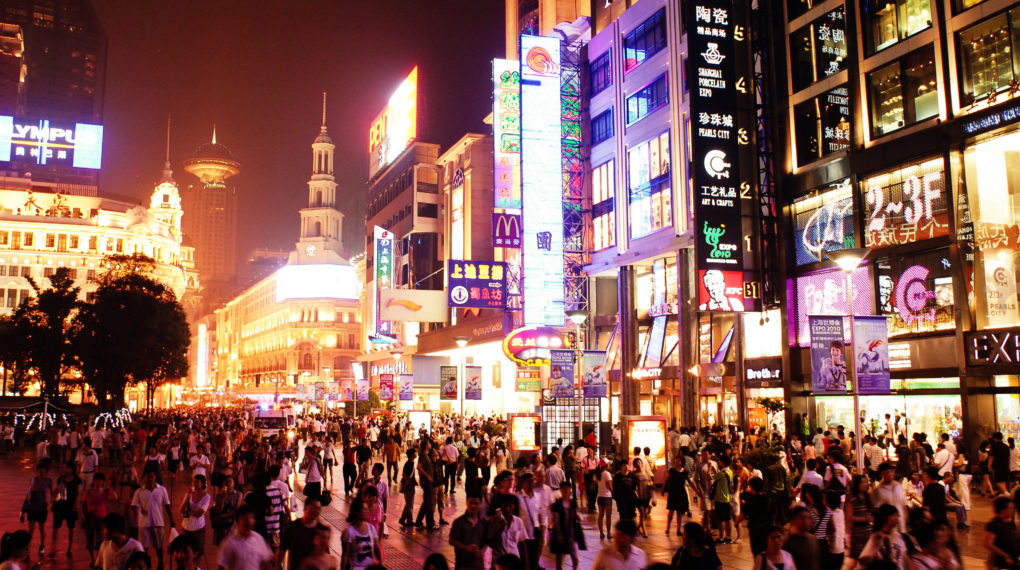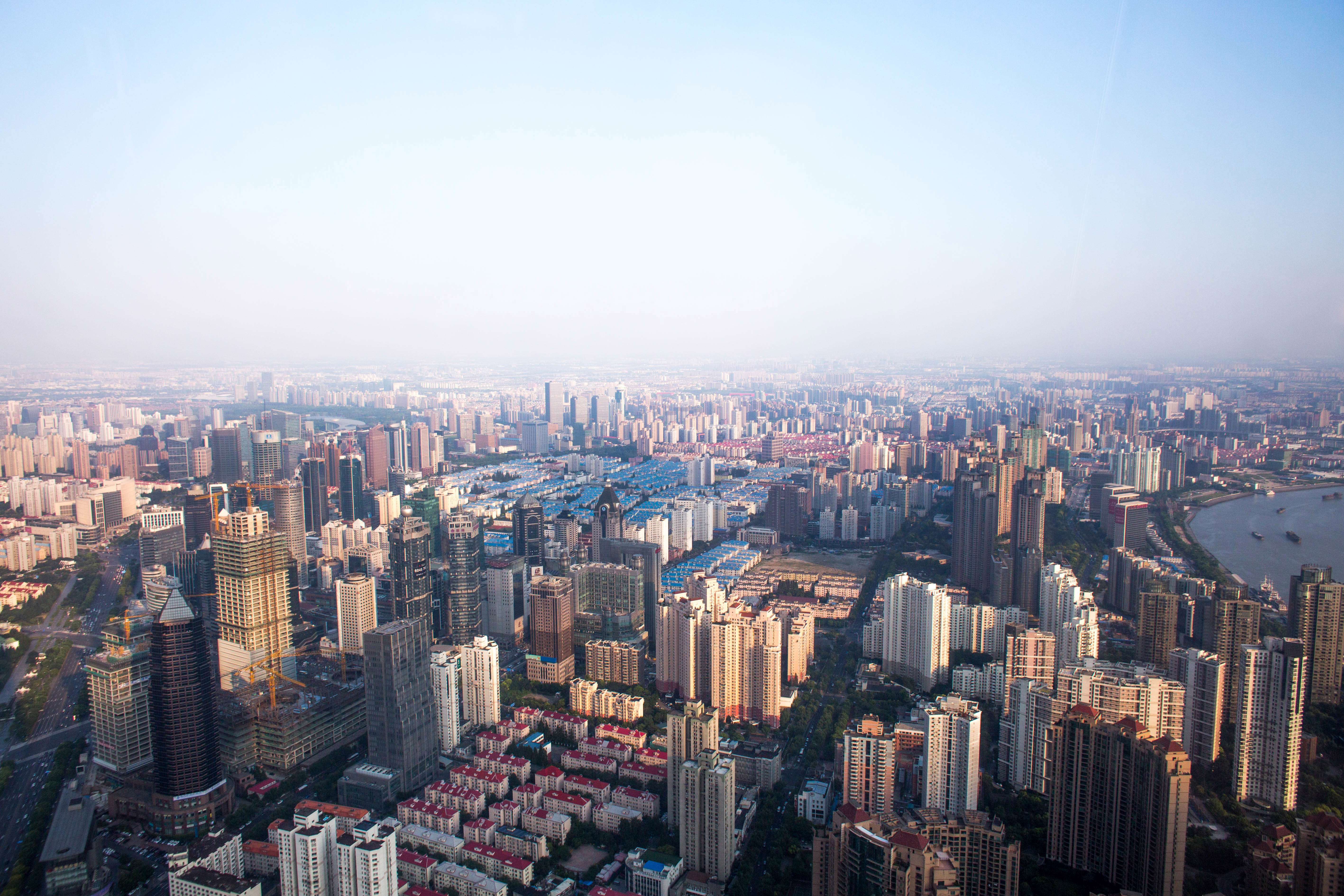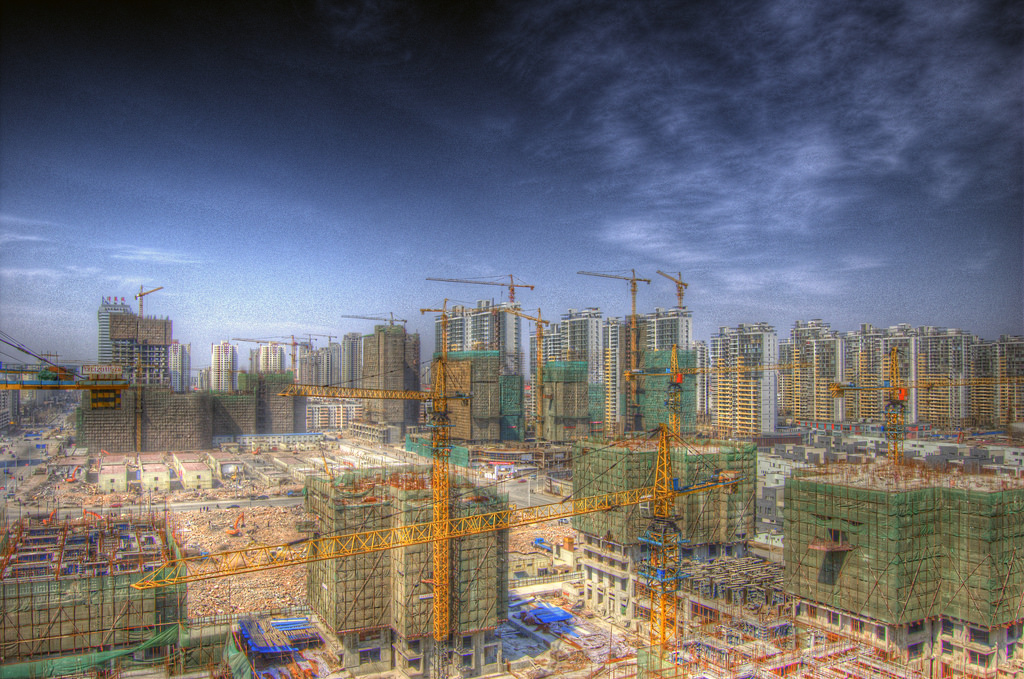Shanghai replaced Tokyo as the first destination for real estate investment in Asia in the fourth quarter of 2016, according to statistics from JLL, a professional investment management firm specializing in real estate services.
Globally, Shanghai was last year the fifth destination of property investment, after New York, London, Los Angeles and Paris.
According to JLL, the strong performance of Shanghai real estate market was pulled up by strong transactions, such as the $ 2.91 billion investment by ARA Asset Management in the Century Link complex last October. It was the largest real estate transaction in a single location in the Asia-Pacific region in 2016.
In the real estate sales sector, the largest transaction in 2016 was the $ 825 million purchase by Chongbang Real Estate Development of 80% stake in Jinqiao Life Hub in Shanghai.
“Chinese capital was the main driver of real estate volumes in 2016, with domestic investors often outnumbering foreign investors. We believe that China, especially in first-tier cities, remains attractive to foreign investors as the market matures, “said Zhou Zhifeng, China’s director of research at JLL.
According to JLL data, the total volume of real estate transactions in the Asia-Pacific region in the fourth quarter increased 21% year-on-year and 5% year-on-year. The total volume of real estate transactions in the fourth quarter was $ 15.5 billion in China, exceeding $ 7.4 billion in South Korea and $ 7.2 billion in Japan.

Will Shanghai real estate be as expensive as London and Paris?
For the past five years, Shanghai apartment prices have been soaring. Between November 2015 and November 2016, prices rose in 12 major cities in the country to 12.6%, according to the National Bureau of Statistics. And in some cities, this figure can be multiplied by two. In Beijing, the increase was 26.4% in 12 months, in Shanghai it was 29%, and in Shenzhen 27.9%. In the center of Shanghai, apartments easily exceeds 100,000 yuan per square meter, about 13,600 euros. In comparison, according to figures published by the NBS last November, a house or flat in London costs approximately 10,500 euros per square meter (15,000 in the upper-class districts of Kensington and Chelsea), when Paris runs around 8 500 euros per square meter. In the end, property prices in Shanghai exceed those of the most expensive borough of the French capital, the 6th district with an average price per square meter of 12,000 euros.
The gap is widening
However, if real estate prices can be similar to these European cities and Shanghai, the average monthly income remains well below those in the UK or France: 8,664 yuan, roughly 1,150 euros. The surge in prices is, therefore, a major concern not only for the population but also for economists.
The gap between rural and urban areas is widening. More and more employees working in large cities have to move out of the city to afford a home. Real estate prices are only amplifying wealth gaps. According to Li Shi, a professor of economics at the Normal University of Beijing, this gap has multiplied by four during the last decade due to the fast growth of the property sector.
China has come to this point because of the government’s policy of transferring ownership of apartments held by labour units to tenants in the late 1990s at very low prices. A wave of urban residents thus became owners, leading to a gradual increase in prices, while in the countryside local governments still own most of the lands.
Find more information about Shanghai real estate here.






